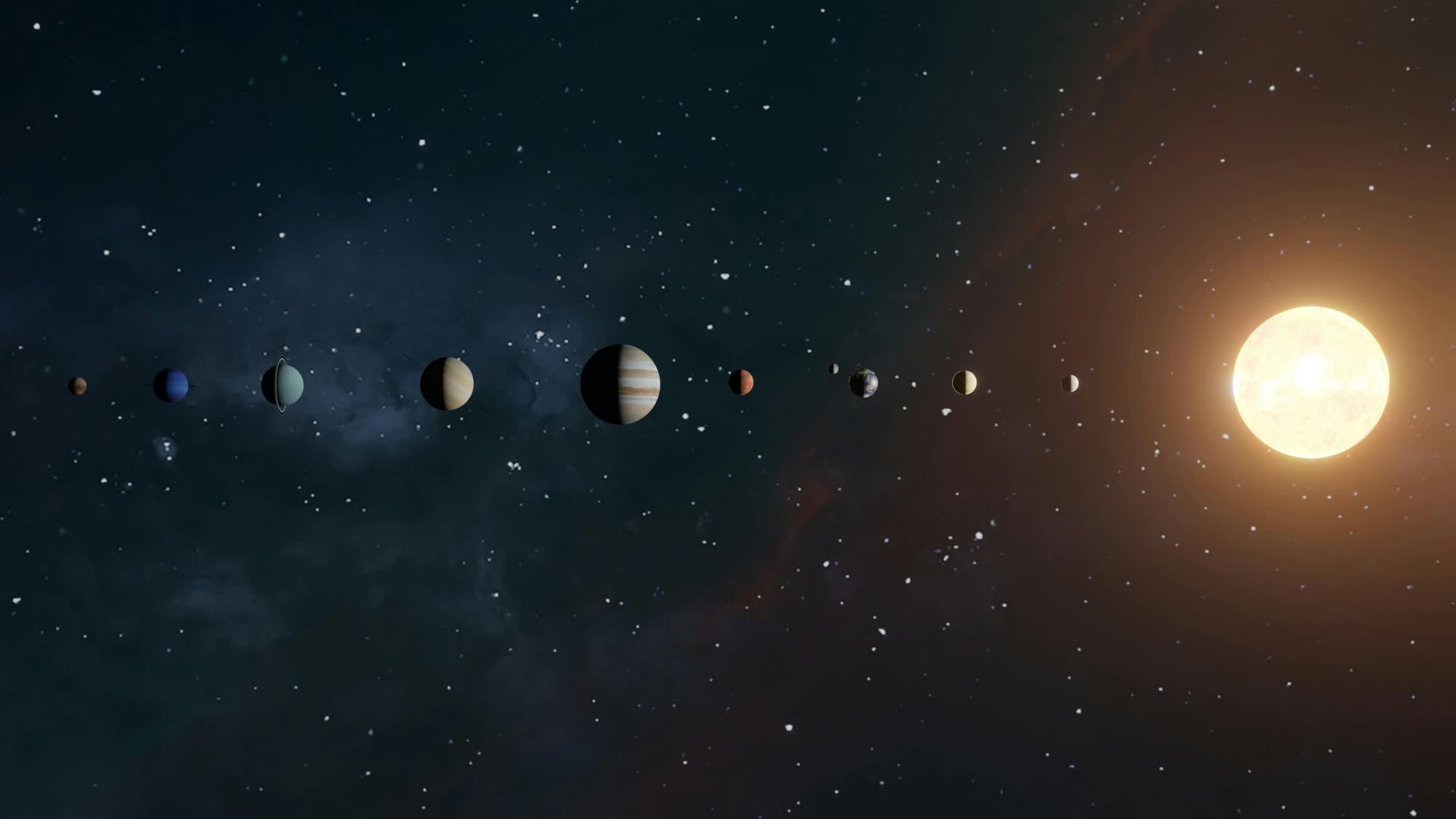Planet hunting: Astronomers have discovered even more evidence suggesting the existence of a mysterious planet at the edge of our solar system. Konstantin Bogytin and his team of astronomers based their latest research on a set of trans-Neptunian objects, which are objects found at the edge of the solar system beyond Neptune and orbit the Sun at a distance of more than 250 times that of Earth.

Astronomers typically do not look at these bodies when hunting for Planet Nine because they interact with Neptune's orbit.
Bogytin, however, decided to focus specifically on these objects to better understand their movements. They ran a series of simulations to see how other objects in the solar system including nearby giant planets and the Milky Way's Galactic tide affected their orbits.
The model that included Planet Nine, a long-suspected but as-yet-proven planet in the outskirts of our solar system, proved to be the best explanation for the observed behavior. It is not the only possible explanation, Bogytin said, just the best one and represents the strongest statistical evidence yet that it is really out there.

Pluto was long considered to be the ninth planet in our solar system, but was reclassified as a dwarf planet by the International Astronomical Union in 2006.
Astronomers could get even more answers in the near future. The Vera C. Rubin Observatory, currently under construction in Chile, will use a powerful 3.2 gigapixel camera with a 5.1-foot-wide optical lens called the Legacy Survey of Space and Time (LSST) to scan the sky in hopes of unlocking even more mysteries of the universe. It should also provide astronomers with a better understanding of the most distant objects in our solar system, and help pin down whether Planet Nine is fact or fiction.
The new observatory is expected to go online in January 2025.
Bogytin and his team have published their findings in a paper titled, "Generation of Low-Inclination, Neptune-Crossing TNOs by Planet Nine", that is available now over on the open source repository arXiv.
Image credit: ZCH, Raymond McClintonel
Astronomers gather additional evidence suggesting Planet Nine is real